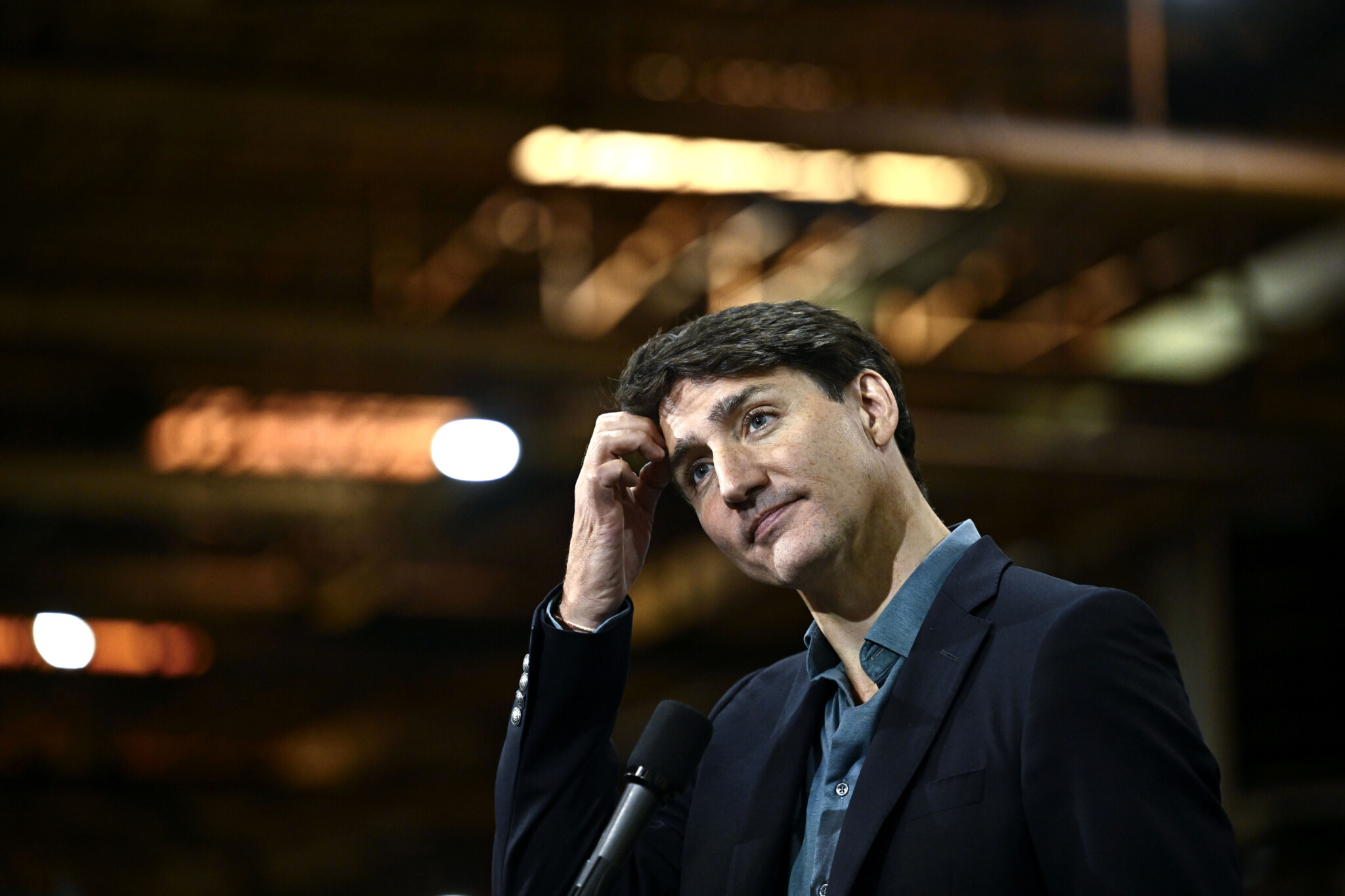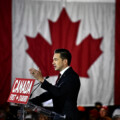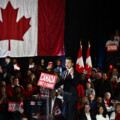On Tuesday, the Liberal government wrapped up their cabinet retreat in Halifax. Amidst their poor polling numbers, the resignation of a long-time minister, and rising tensions between Prime Minister Justin Trudeau and members of his government, this retreat provided a crucial opportunity for the Liberal Party to recalibrate as it attempts to find its footing. The Hub’s editor-at-large, Sean Speer, spoke with Ian Brodie, the former chief of staff to Prime Minister Stephen Harper, to get his perspective on the importance of cabinet retreats. You can find more of Brodie’s commentary and other writings at his Substack here.
SEAN SPEER: How do cabinet retreats generally differ from regular cabinet business?
IAN BRODIE: The end-of-summer cabinet retreat is primarily a chance to get the team back together—usually, ministers haven’t seen each other in person since mid-June—and get an overall picture of the government’s agenda and challenges for the fall. It’s not a time for detailed policy decisions but for the prime minister and his team to get some feedback from the group about where they’re going to put their main effort from Labour Day through Christmas.
In the Harper days, that started with a fiscal briefing on where the government was financially and a big-picture public opinion presentation. The two anchors at that time were money and the public landscape.
SEAN SPEER: Reports claim that there are several external presentations at this week’s cabinet retreat, including from Biden administration official Jake Sullivan. What are your thoughts about bringing in different people to participate?
IAN BRODIE: I was never keen on having outside presentations at these retreats. You want to reserve the time for ministers to have their say and to draw them out on issues outside their portfolios. In his great book, The Way It Works, Eddie Goldenberg tells some funny stories to show how hard it is to get ministers to think about the broader government agenda, but if you can’t get broad advice from ministers at a cabinet retreat, you’re missing an opportunity to shape the team and the agenda.
SEAN SPEER: The Trudeau government is behind by something like 20 points. What, if anything, should it be doing to try to recover control of the political agenda and restore ground with the Conservatives?
IAN BRODIE: At this week’s retreat, it will be especially important to hear from ministers. The Liberals have a serious crisis on their hands, and the most important agenda item will be to hear if ministers think Mr. Trudeau can lead them through it. The sudden turnaround of Democrat fortunes in the U.S. with their sudden change of leadership is the number one challenge facing the prime minister. He can try to avoid dealing with it—showing his ministers he has the energy, the mettle, and the plan to gain back lost ground—or he can force that debate underground.
If I were his chief of staff, I would advise him to get all the bureaucrats and outside officials out of the room, to speak directly to his cabinet, and if he can’t win them over to his view of the coming year, he should give serious thought to retiring.
SEAN SPEER: As Parliament gets set to resume next month, what would be your advice to the Conservatives? What should they be doing to prosecute their case against the government and prepare themselves to possibly become the government?
IAN BRODIE: Conservatives, for their part, can give soft ideas of their governing agenda but, for now, should let the turmoil inside the governing party take centre stage as Parliament returns to business in a month. Neither Mr. Scheer nor Mr. O’Toole were quite successful in making the case for a change of government, and that remains job one for any Opposition party.








